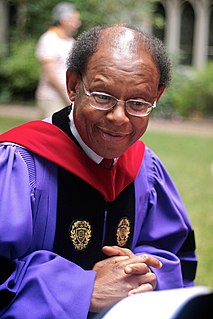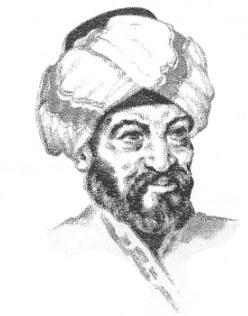A Quote by Khalil Gibran
Persecution cannot harm him who stands by Truth. Did not Socrates fall proudly a victim in body? Was not Paul stoned for the sake of the Truth? It is our inner selves that hurt us when we disobey it, and it kills us when we betray it.
Related Quotes
But compassion is a deeper thing that waits beyond the tension of choosing sides. Compassion, in practice, does not require us to give up the truth of what we feel or the truth of our reality. Nor does it allow us to minimize the humanity of those who hurt us. Rather, we are asked to know ourselves enough that we can stay open to the truth of others, even when their truth or their inability to live up to their truth has hurt us.
Truth is always stranger than fiction. We craft fiction to match our sense of how things ought to be, but truth cannot be crafted. Truth is, and truth has a way of astonishing us to our knees. Reminding us, that the universe does not exist to fulfill our expectations. Because we are imperfect beings who are self-blinded to the truth of the world’s stunning complexity, we shave reality to paper thin theories and ideologies that we can easily grasp – and we call them truths. But the truth of a sea in all it’s immensity cannot be embodied in one tidewashed pebble.
Truth has power. And if we all gravitate toward similar ideas, maybe we do so because those ideas are true...written deep within us. And when we hear the truth, even if we don't understand it, we feel that truth resonate within us...vibrating with our unconscious wisdom. Perhaps the truth is not learned by us, but rather, the truth is re-called...re-membered...-re-cognized...as that which is already inside us.
Indeed our survival and liberation depend upon our recognition of the truth when it is spoken and lived by the people. If we cannot recognize the truth, then it cannot liberate us from untruth. To know the truth is to appropriate it, for it is not mainly reflection and theory. Truth is divine action entering our lives and creating the human action of liberation.
There is no enemy can hurt us but by our own hands. Satan could not hurt us, if our own corruption betrayed us not. Afflictions cannot hurt us without our own impatience. Temptations cannot hurt us, without our own yieldance. Death could not hurt us, without the sting of our own sins. Sins could not hurt us, without our own impenitence.
Each time the losses and deceptions of life teach us about impermanence, they bring us closer to the truth. When you fall from a great height, there is only one possible place to land: on the ground-the ground of truth. And if you have the understanding that comes from spiritual practice, then falling is in no way a disaster, but the discovery of an inner refuge.
In order to be truthful
We must do more than speak the truth.
We must also hear truth.
We must also receive truth.
We must also act upon truth.
We must also search for truth.
The difficult truth
Within us and around us.
We must devote ourselves to truth.
Otherwise we are dishonest
And our lives are mistaken.
God grant us the strength and the courage
To be truthful.
Amen
Memory is a dead thing. Memory is not truth and cannot ever be, because truth is always alive, truth is life; memory is persistence of that which is no more. It is living in ghost world, but it contains us, it is our prison. In fact it is us. Memory creates the knot, the complex called the I and the ego
Love without truth is sentimentality; it supports and affirms us but keeps us in denial about our flaws. Truth without love is harshness; it gives us information but in such a way that we cannot really hear it. God's saving love in Christ, however, is marked by both radical truthfulness about who we are and yet also radical, unconditional commitment to us. The merciful commitment strengthens us to see the truth about ourselves and repent. The conviction and repentance moves us to cling to and rest in God's mercy and grace.
Christ became our Brother in order to help us. Through him our brother has become Christ for us in the power and authority of the commission Christ has given him. Our brother stands before us the sign of the truth and the grace of God. He has been given to us to help us. He hears the confession of our sins in Christ's stead and he forgives our sins in Christ's name. He keeps the secret of our confession as God keeps it. When I go to my brother to confess, I am going to God.





































